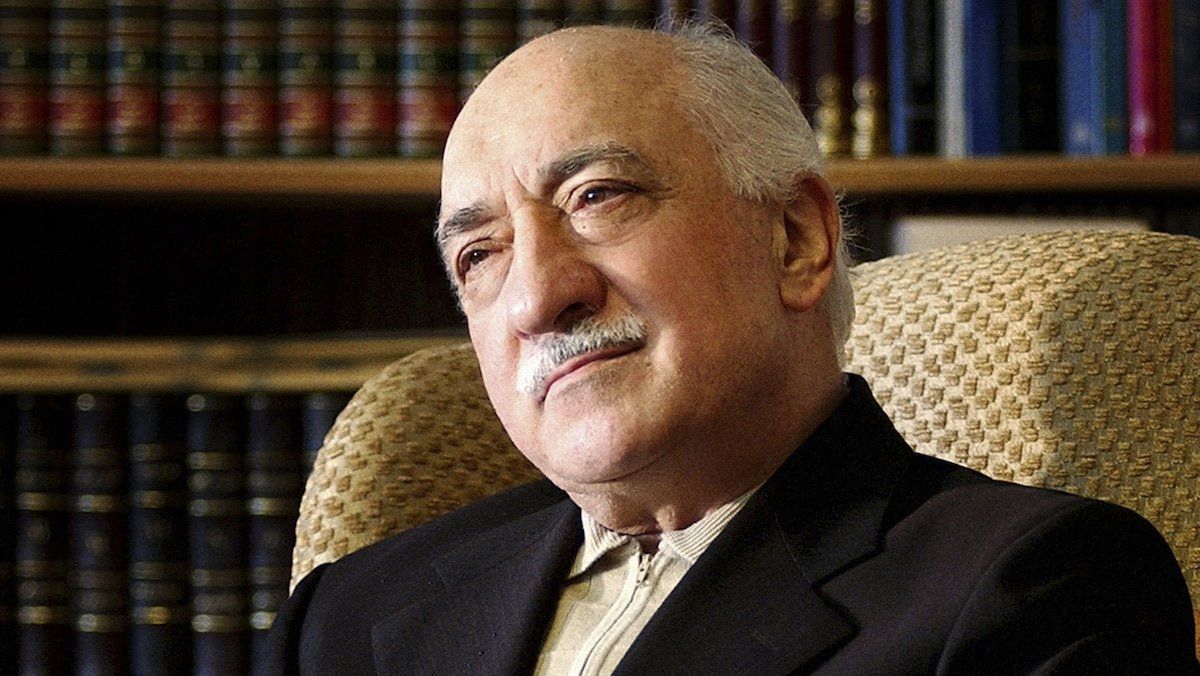An exiled Turkish cleric who founded a global Islamic movement and was an adversary rival of Turkish President Recep Tayyip Erdogan died Sunday in the United States.
Fethullah Gülen rose from small-town preacher to global leader of a movement built around a moderate, civically engaged vision of Islam, which built schools and other social institutions across Turkey and more than a hundred other countries.
“Gülenists” had a strong, if secretive, presence in the Turkish bureaucracy. But Gülen himself had lived in the US since 1999, when he fled repression by the ultra-secular Turkish government of the time.
The politics: Gülen was once close with Erdogan, whose Justice and Development party in 2002 became the first Islamist party to win power in Turkey. But by the mid-2010s, the two men had begun to clash.
The break was complete in 2016, when Erdogan accused Gülen of orchestrating a failed coup against him. Turkey arrested thousands of alleged Gülenist “terrorists” in government and forced dozens of countries to extradite Gülen’s followers.
That significantly weakened Gülenism. Whether Gülen’s death will hasten further decline remains to be seen. In the short term, his passing removes a sore spot in US-Turkey relations: Washington had repeatedly denied Ankara’s requests to extradite him.
